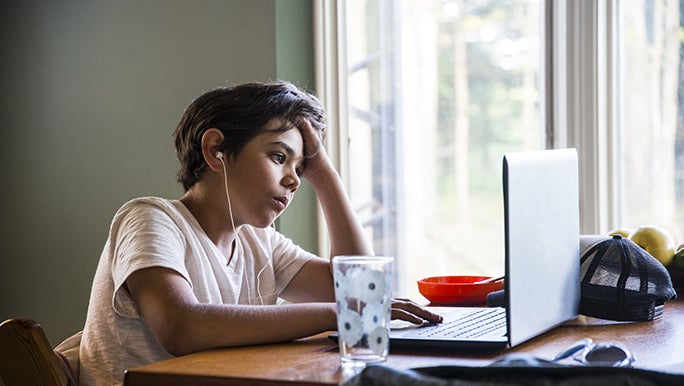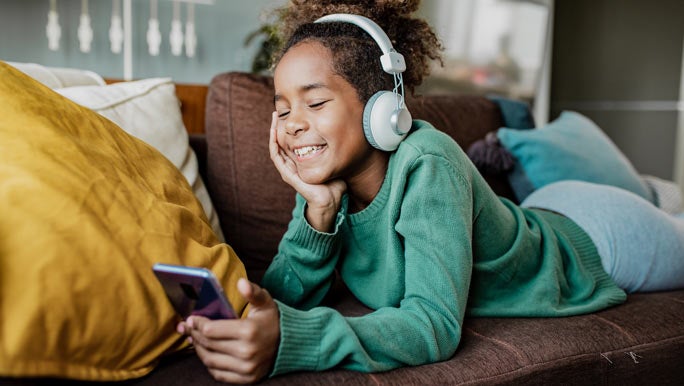Screen time – it’s one of those phrases that strikes dread in the guts of parents who are trying to do the best for their kids.
But what exactly is screen time? How much screen time should your child be having? And is all screen time considered equal?
What exactly counts as screen time?
The Australian government guidelines specifically talk about screen time as any time a child is sedentary and looking at a screen – this includes television.
For children over five years old, there’s an additional caveat – time spent in schoolwork should not be included when assessing your child’s daily screen time.
What is the recommended screen time for a child?
The Australian government guidelines suggest:
- Children under two should have zero screen time.
- Children from two to five years should have no more than one hour per day.
- Children from five to seventeen should have no more than two hours per day – excluding schoolwork.
These are in line with the World Health Organization recommendations, which many countries follow.

If your kids are exceeding the guidelines, take comfort in knowing that you’re not alone.
What happens if kids have too much screen time?
According to a Harvard study, too much screen time may be associated with childhood obesity.
Other research has noted an interaction between screen time, irregular sleep and poor academic performance in adolescents. But it’s important to keep in mind that there are other factors that influence these outcomes, such as diet, when the screen time occurs and family education levels.
Things are a bit different internationally
Internationally, experts are increasingly more interested in the quality, rather than quantity, of screen time with children.
The Canadian Paediatric Society points out, “watching high-quality, immersive programming as a family can be educational and promote social skills in children.”
And in many other countries, the focus has moved from clock-watching to careful screen time selection.

School work done on screens isn’t considered detrimental – as noted in the Australian Government guidelines.
So, should you be worried?
The reality is that all screen time isn’t considered equal. Schoolwork done on screens isn’t considered detrimental – as noted in the Australian Government guidelines.
This indicates that ‘screens’ aren’t the only important factor, what’s on them also matters.
If your kids are exceeding the guidelines, take comfort in knowing that you’re not alone. A 2015 report by the Australian Institute of Family Studies found that “a majority of Australian children are spending more than the recommended two-hour daily limit for screen time.”
Related:
Reviewed by the healthylife Advisory Board August 2021.


